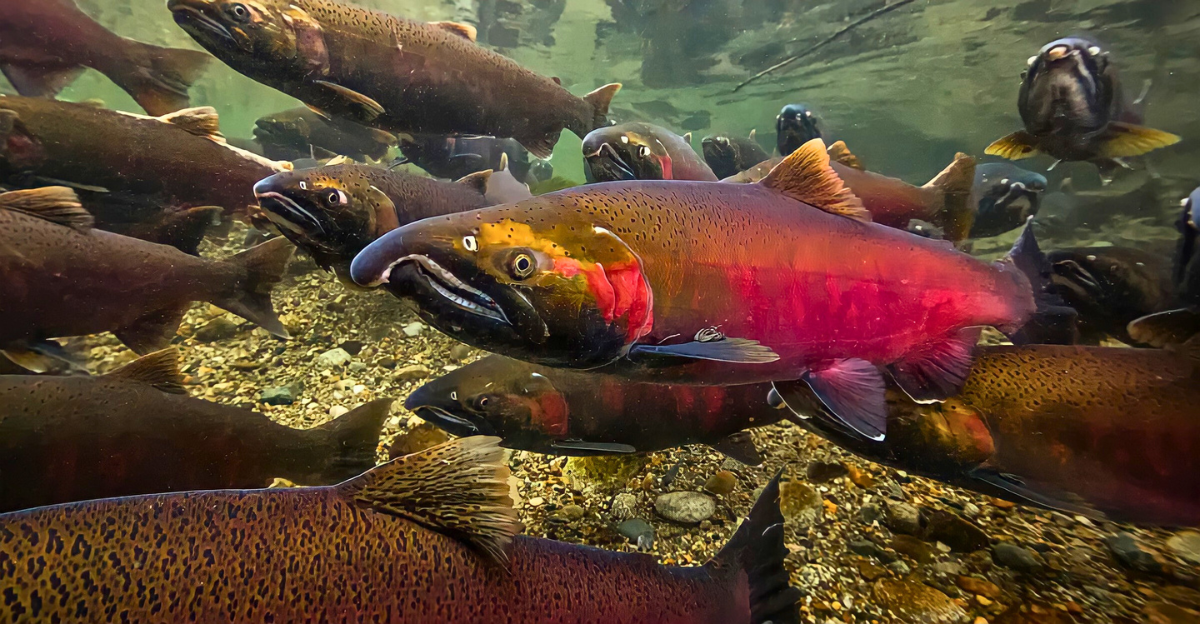
The Resilient Columbia Basin Agreement has been an essential deal made in late 2023 to restore salmon populations in the Pacific Northwest. The deal forged alliance and unity between federal agencies, states, tribes, and environmental organizations to both bring back salmon runs and pivot towards more sustainable energy.
However, just two years into its conception, the project was canceled, with the White House calling it “radical environmentalism.”
The Resilient Columbia Basin Agreement

After multiple decades of lawsuits over the damage that federal dams do to the salmon population, the Resilient Columbia Basin Agreement was finally established as an agreement between multiple parties.
The project was promised over $1 billion to be used for research into replacing four controversial Snake River dams’s services, as well as restoring fisheries and modernizing hatcheries. It also ensured that the government would partner with tribes to honor treaty fishing rights.
Salmon Are Important

Wild salmon are essential animals that form part of important ecosystems in the Pacific Northwest. They are also prevalent in tribal culture and local economies. Salmon migrate every year, and this alone helps to sustain many different species during their journey.
They have been part of local cultures since before the United States was established. Fisheries need a healthy salmon population, and hatcheries are being put under strain as the wild population declines.
Dams
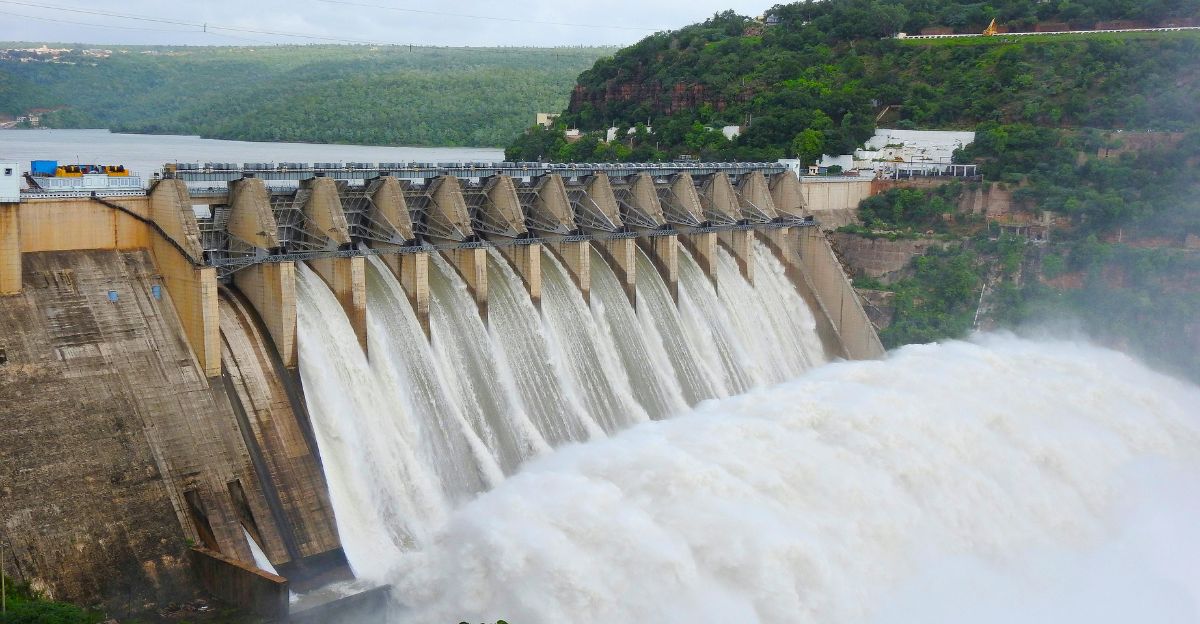
Hydroelectric dams dot the Columbia and Snake Rivers and are important infrastructures for producing sustainable and affordable energy, as well as agriculture and transportation.
However, these dams are harmful to salmon migration as they stop many in their tracks, create bottlenecks, and alter river ecosystems. This makes these dams a contentious issue, as their benefits come at a cost.
Response

As the recovery project gets canceled, both environmental agencies and tribes have felt betrayed. The future of wild salmon is being threatened by this cancellation and broken promise, which will only serve to bring them closer to extinction.
Lawsuits could arise as activists fight for the salmon population and recovery efforts, as years of progress get undermined by one decision.
The Justification
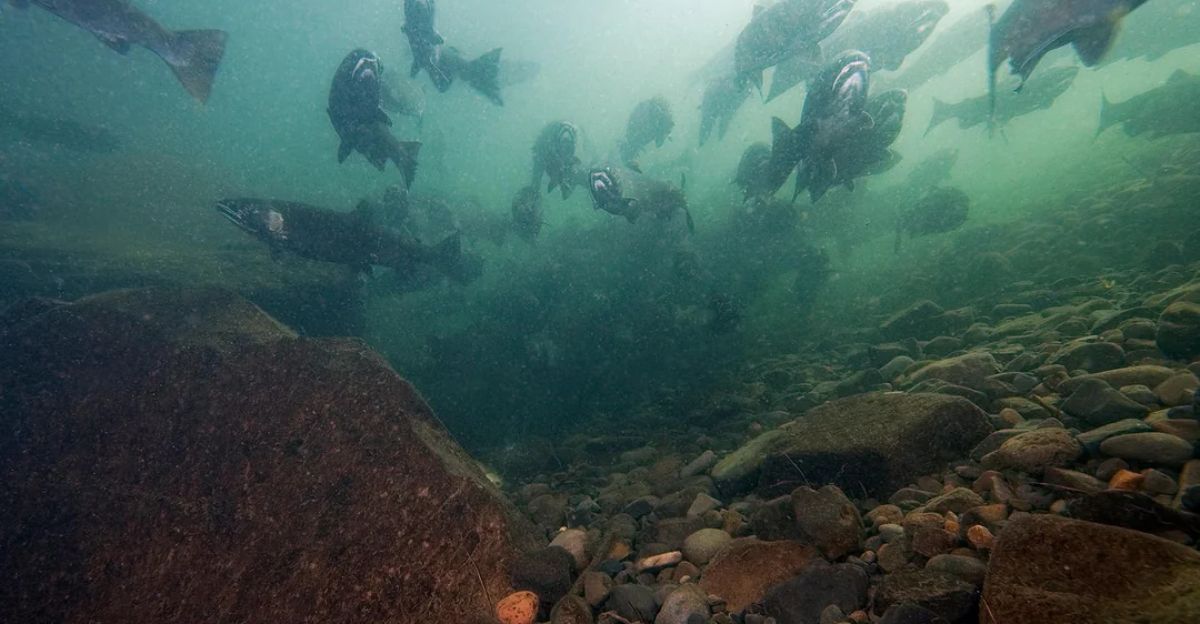
The rationale behind canceling the project under the Trump administration is that it is a form of “radical” climate policy and is undermining national energy security.
Proposed dam removal and salmon recovery prioritization could destabilize grids, increase the cost of energy, and put “speculative” climate change interests above economic ones. This could signal a broader trend where more environmental initiatives get cut in favor of energy projects.
Salmon At Risk
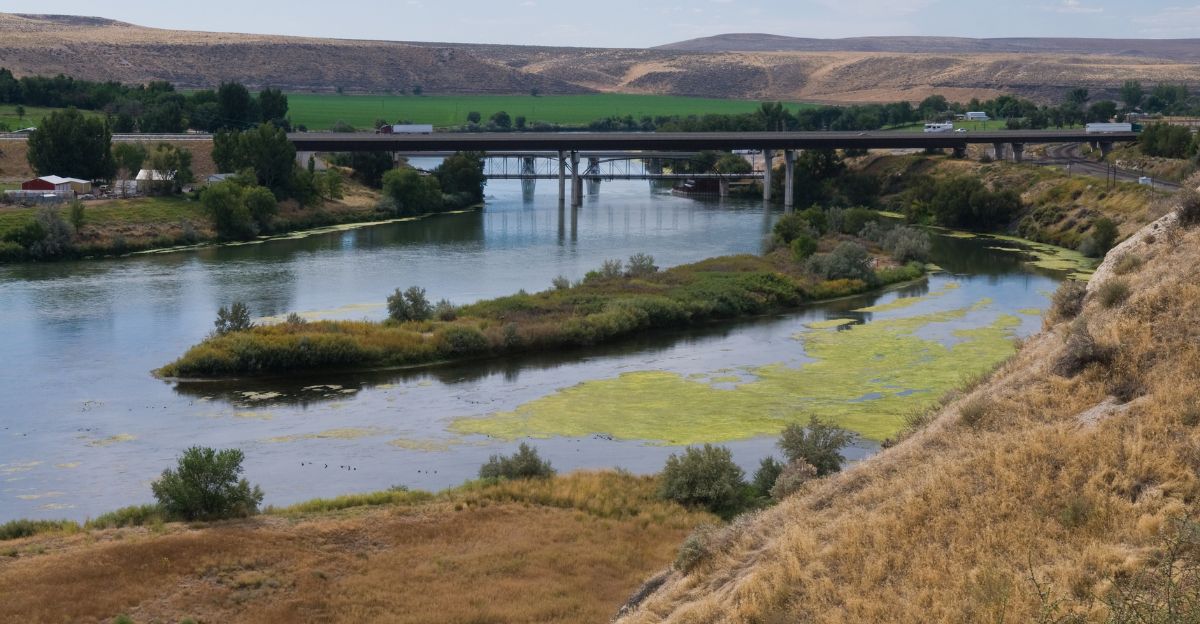
Salmon populations have been steadily declining in the Columbia and Snake Rivers due to habitat loss, infrastructure encroachment, and hatcheries not receiving proper monetary investment. This means that many salmon runs are at the real threat of going extinct.
Hatcheries are currently facing a high mortality rate in salmon, which could have implications for salmon stocks and future fishing. The extinction of the species would have ripple effects on many other species in local ecosystems.
Economic And Social Impacts
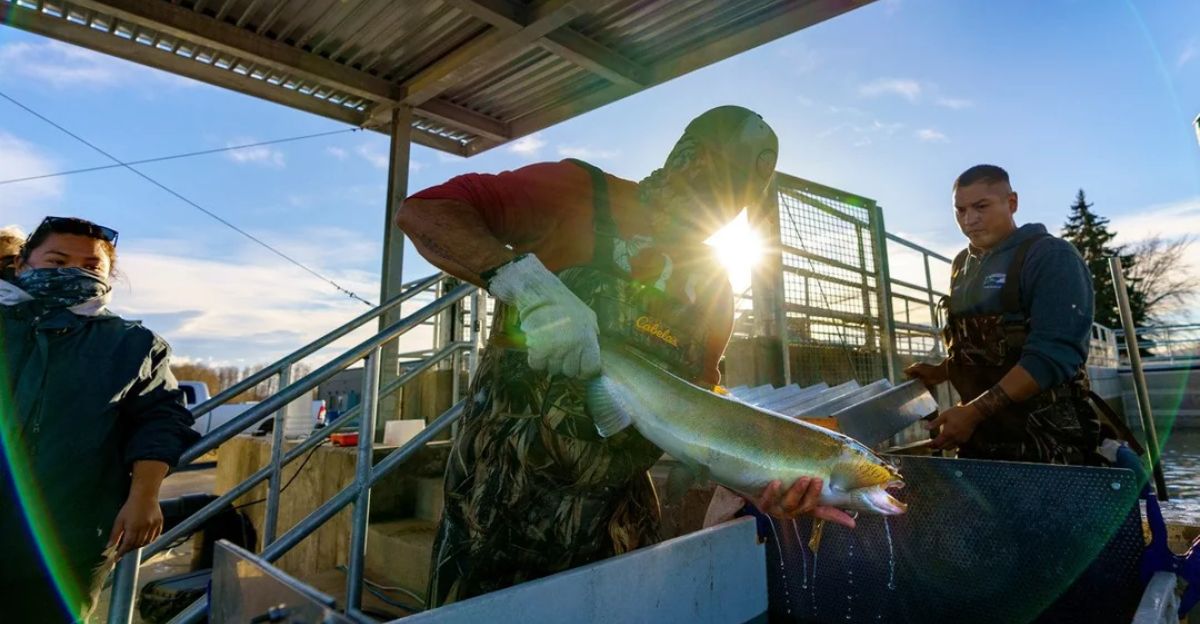
The implications that the cancellation of this agreement is more than just on species in the ecosystem. There are far-reaching consequences, such as thousands of jobs related to fishing being put in jeopardy, as well as tourism, which bolsters local economies.
Tribes also face uncertain times as their rights and ways of life are put in danger, and agreements get thrown out again. The government isn’t willing to honor its commitments, which lowers trust and morale in local communities.
What’s Next?
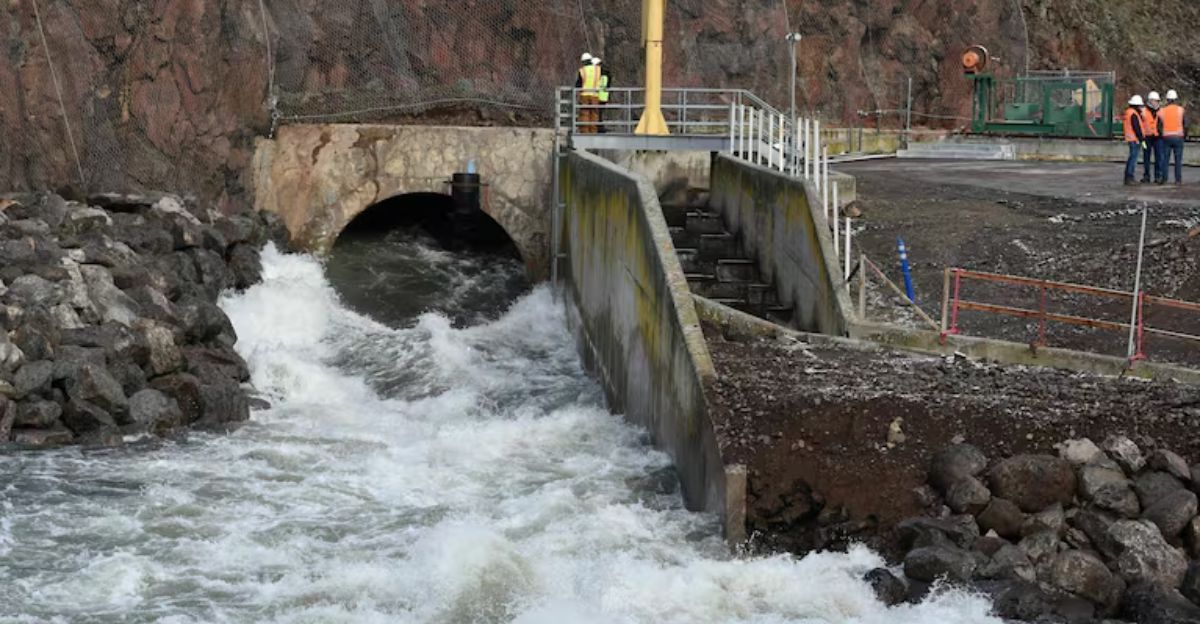
With the agreement canceled, there will be no future promises of dam dismantling and compensatory services being put in their place. This could result in court-ordered measures instead of comprehensive solutions that are impactful.
Both tribes and conservation organizations will keep trying to restore balance to the salmon population, but will see significant hurdles without the Resilient Columbia Basin Agreement. There needs to be a balance between conservation, tribal rights, and sustainable energy.
A Matter Of Priority
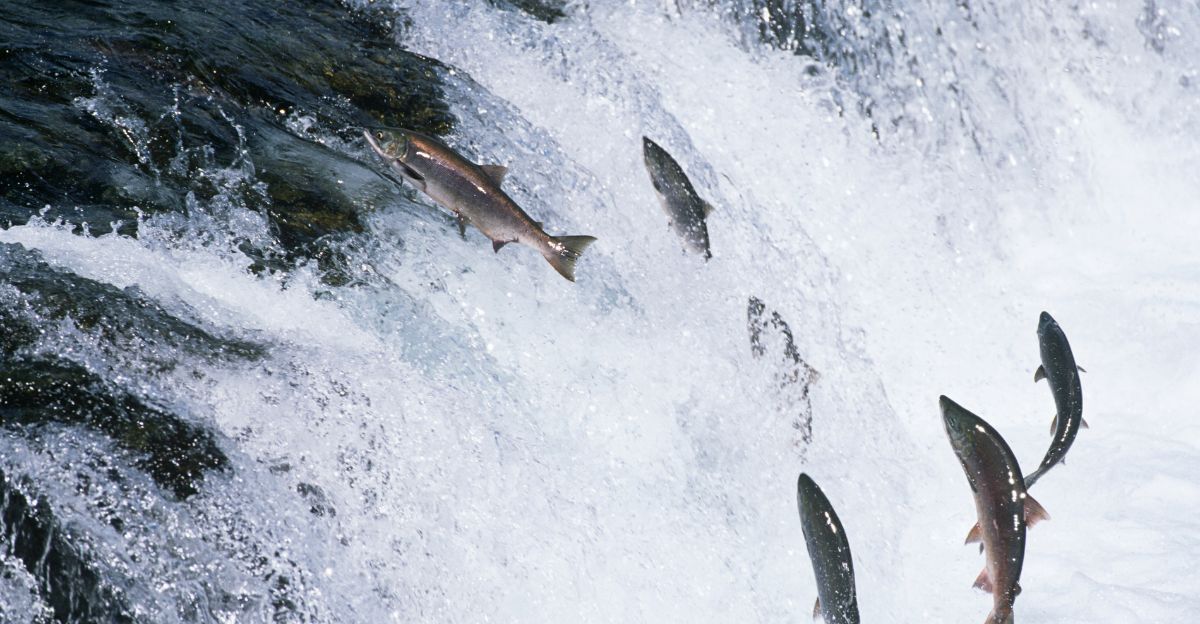
Going back on its word and breaking the agreement is part of the government reprioritizing its projects. The future could see short-term economic gains invested in rather than Indigenous rights, health, and justice.
A sustainable way forward needs to be found that honors commitments and environmental responsibility. There’s more than just the salmon at stake.
Explore more of our trending stories and hit Follow to keep them coming to your feed!

Don’t miss out on more stories like this! Hit the Follow button at the top of this article to stay updated with the latest news. Share your thoughts in the comments—we’d love to hear from you!







